As part of my Economic Development course I had the opportunity to take an overnight field visit Baramati, an agricultural center about two hours away from my home in Pune. For the duration of two days we learned about innovative efforts being undertaken in rural Maharashtra in order to increase agricultural productivity and technology.
Agricultural Demonstrations
One of the most exciting aspects of the Baramati Agricultural Trust was its demonstration farm. The demonstration farm was set up to display the most advanced technology and agricultural practices for dairy farming, fruit production, and goat rearing. The photo of the cow cells shown below is an example of Baramati’s live demonstration strategy.
A living model of the Israeli Model of cattle raising (pictured above) is practiced on the farm so that local farmers can experience first-hand the farming practices that lead to greater agricultural productivity. Profit yielded from the livestock and plants at Baramati is used to continue operations at the farm, making it a sustainable model with over 40 years of operation. Farmers come to the Baramati farm for a three day training that exposes them to methods of technology applicable to their produce and works with them on plans for implementing these technologies in their own farming operations. Farmers are given low-cost alternatives to traditional inputs (for example, using bamboo poles rather than steel poles for fencing) to make implementation of new technologies more feasible. After completing the three day training, farmers are given a certificate of completion that can be presented to Baramati Trust’s partner bank in order to access credit for purchasing new technology or agricultural inputs. This is a critical component of Baramati’s model because it makes credit accessible to previously necessary to previously ineligible farmers. Without this access to credit, many farmers would be prevented from implementing the methods they learned during training.
Plant Modification
Baramati partners with a local Agricultural College to develop modified plants that are both high yielding and resistant to Maharashtra’s weather patterns. Through a process of plant grafting in which two plants are combined to make a more resistant plant, Baramati is producing high yielding and high resistance plants that can be purchased by farmers at low or subsidized costs. The photo series below shows a few of the modified plants: mangoes and guavas.
By combining one plant with steady roots to another that is resistant to Maharashtran weather, the resulting plants are more likely to produce higher yields for farmers. The grafted plants are formed by making an incision in both plants and joining the two together. They are wrapped tightly around the point at which they are connected and after they mature will possess the qualities of both initial plants.
Soil Testing and Crop Advisories
Baramati Agricultural Trust also provides low-cost soil analysis to farmers. Farmers can bring samples of their soil to the soil testing lab and scientists working at Baramati will perform an analysis of the soil and, depending on the results of the test, make a recommendation for which crops should be grown on particular plots within the farmer’s land. Technology such as this is not widely available in India, so this opportunity gives farmers the ability to forecast which plants will be successful and which are likely to fail given the composition of their land. Within days, farmers can learn to take an efficient soil sample, Baramati will arrange to collect the soil and deliver the results to the farmers so that transportation costs do not prevent farmers from using the service, and a recommendation for crop and pesticides will be made. This resources is extremely important for farmers who are working with limited land resources and need to reap high yields from small spaces. Photos of the soil testing lab are below.
Access to Information
While the training and resources available to farmers on site at Baramati are incredibly important, another part of Baramati Trust’s mission is ensuring that local farmers have access to information on a day to day basis that can help them gauge the market, the weather, and their crops without needing to leave their farms. Baramati Trust’s radio station provides constant weather updates, features on new farming practices and success stories that help farmers make changes to their own operations, and information regarding market prices for crops that can help farmers decide which crops to focus on during particular seasons or months. We had the opportunity to visit the jockey booth, pictured below, from where information is distributed daily to farmers throughout Baramati. Information is also transmitted via SMS (text messages) in the local language, Marathi, so farmers have a diversity of ways in which to receive updates for their farms. Access to information is enabling farmers to make more informed and efficient decisions regarding their farming and practices.
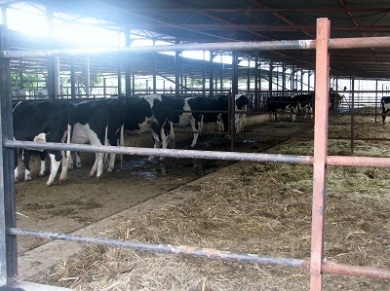
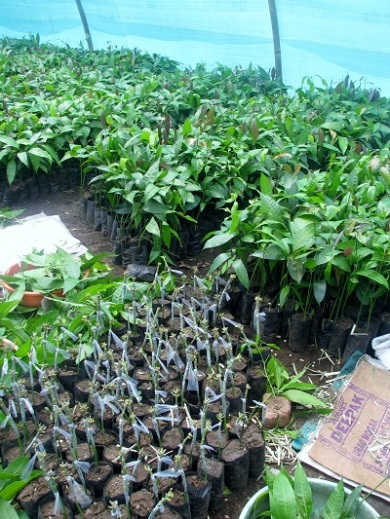
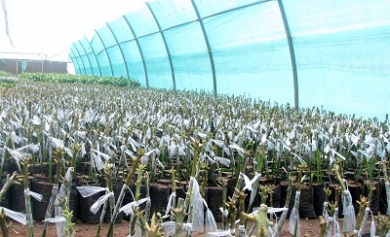
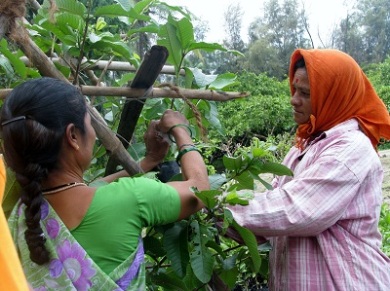
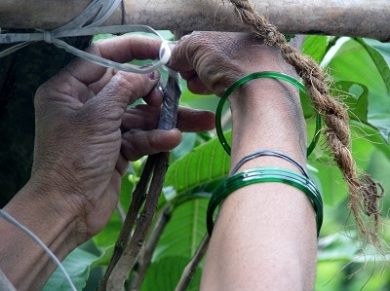
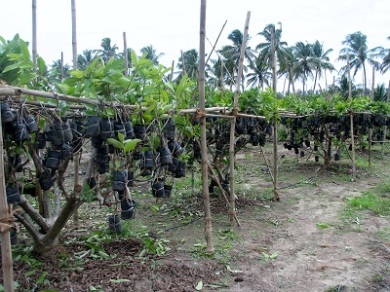
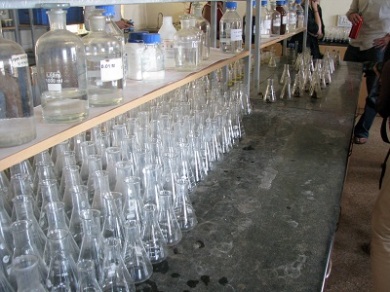
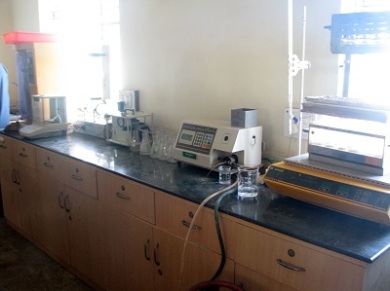
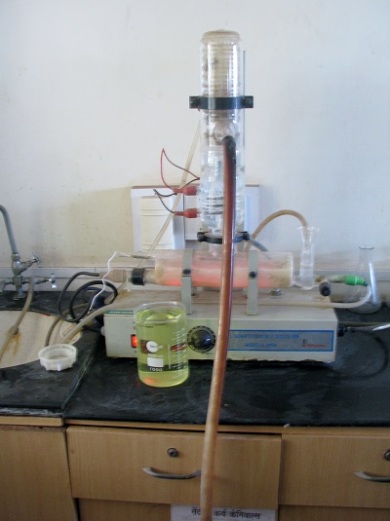
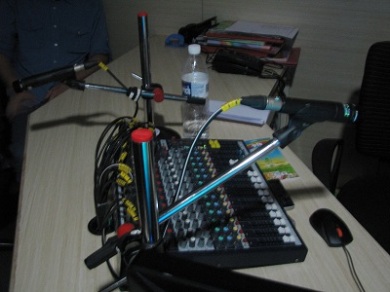
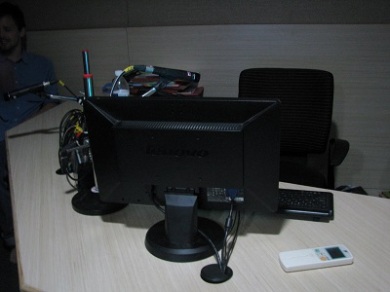
nice project in shardhanager
youer project very helpful in farmer
your project help in student in agriculture study